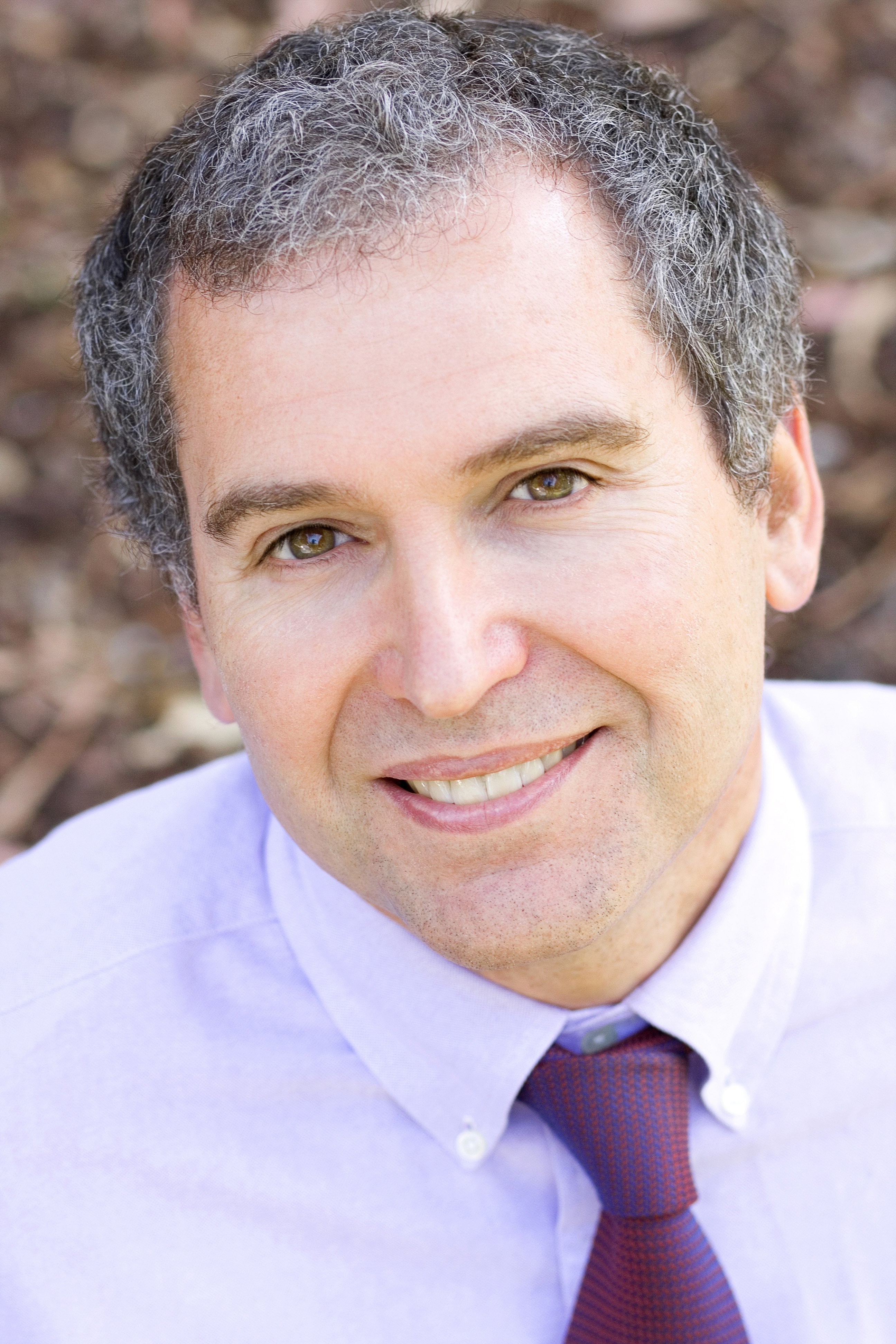European Security: Past, Present, Future
Traditionally, definitions of security emphasized military defenses and alliances against potential adversaries. Over the last few decades, of course, everything from financial flows and technology transfer, water and energy supplies, trade relationships, to information security and social media disinformation have demanded increasing attention, alongside or instead of hard power. Nowhere have notions of security been more multidimensional, and less militaristic, than in Europe.
Has Russia's fullscale war in Ukraine forced an enduring correction back to traditional notions? Or are some changes predating the war destined to persist? Can geopolitics return if it never went away? What is the future of the fiscal-military state? Is the modern state fit for purpose any more? What is technology actually doing to governance, if anything? How might security depend on new or reinvented institutions? Is China an even bigger game-changer than Russia for European security? Is there, could there be, a pivot to Asia, or is that a nonsense? So many questions -- how do we begin to sift them, and order them, to establish a workable framework with which to build notions of security that could last?
Stephen Kotkin
Shorenstein APARC
Stanford University
Encina Hall
Stanford, CA 94305-6055
Stephen Kotkin is a senior fellow at Stanford’s Freeman Spogli Institute for International Studies (FSI) and the Kleinheinz Senior Fellow at the Hoover Institution. Within FSI, Kotkin is based at the Shorenstein Asia-Pacific Research Center (APARC) and is affiliated with the Center on Democracy, Development and the Rule of Law (CDDRL) and The Europe Center. He is also the Birkelund Professor in History and International Affairs emeritus at the Princeton School of Public and International Affairs (formerly the Woodrow Wilson School), where he taught for 33 years. He earned his PhD at the University of California, Berkeley and has been conducting research in the Hoover Library & Archives for more than three decades.
Kotkin’s research encompasses geopolitics and authoritarian regimes in history and in the present. His publications include Stalin: Waiting for Hitler, 1929–1941 (Penguin, 2017) and Stalin: Paradoxes of Power, 1878–1928 (Penguin, 2014), two parts of a planned three-volume history of Russian power in the world and of Stalin’s power in Russia. He has also written a history of the Stalin system’s rise from a street-level perspective, Magnetic Mountain: Stalinism as a Civilization (University of California 1995); and a trilogy analyzing Communism’s demise, of which two volumes have appeared thus far: Armageddon Averted: The Soviet Collapse 1970–2000 (Oxford, 2001; rev. ed. 2008) and Uncivil Society: 1989 and the Implosion of the Communist Establishment, with a contribution by Jan T. Gross (Modern Library, 2009). The third volume will be on the Soviet Union in the third world and Afghanistan. Kotkin’s publications and public lectures also often focus on Communist China.
Kotkin has participated in numerous events of the National Intelligence Council, among other government bodies, and is a consultant in geopolitical risk to Conexus Financial and Mizuho Americas. He served as the lead book reviewer for the New York Times Sunday Business Section for a number of years and continues to write reviews and essays for Foreign Affairs, the Times Literary Supplement, and the Wall Street Journal, among other venues. He has been an American Council of Learned Societies Fellow, a National Endowment for the Humanities Fellow, and a Guggenheim Fellow.

 FSI researchers strive to understand how countries relate to one another, and what policies are needed to achieve global stability and prosperity. International relations experts focus on the challenging U.S.-Russian relationship, the alliance between the U.S. and Japan and the limitations of America’s counterinsurgency strategy in Afghanistan.
FSI researchers strive to understand how countries relate to one another, and what policies are needed to achieve global stability and prosperity. International relations experts focus on the challenging U.S.-Russian relationship, the alliance between the U.S. and Japan and the limitations of America’s counterinsurgency strategy in Afghanistan.














